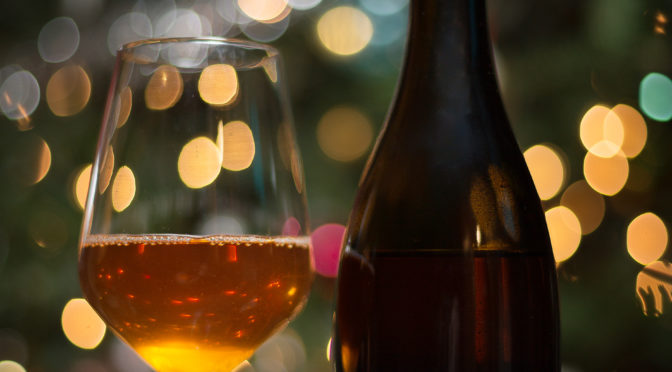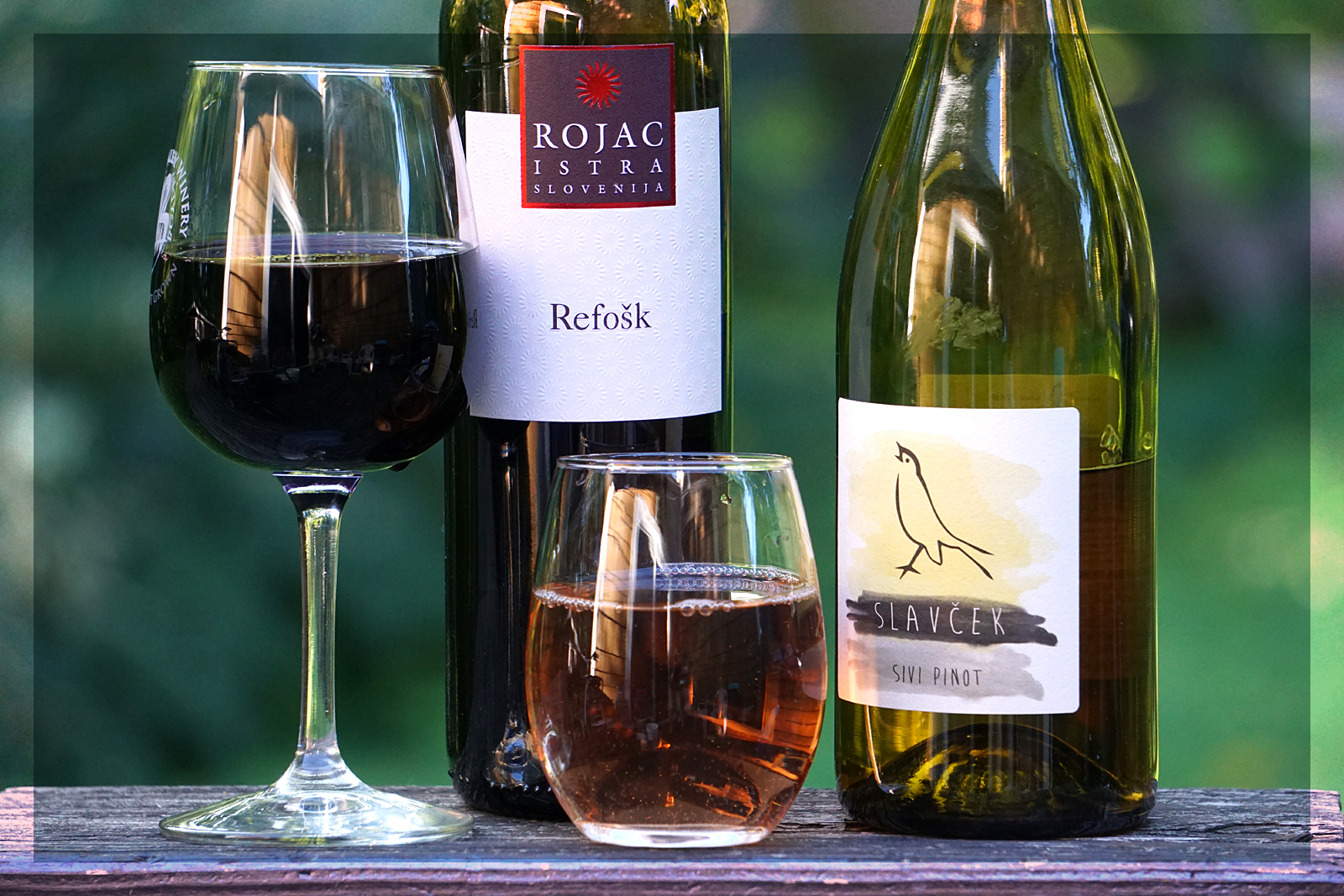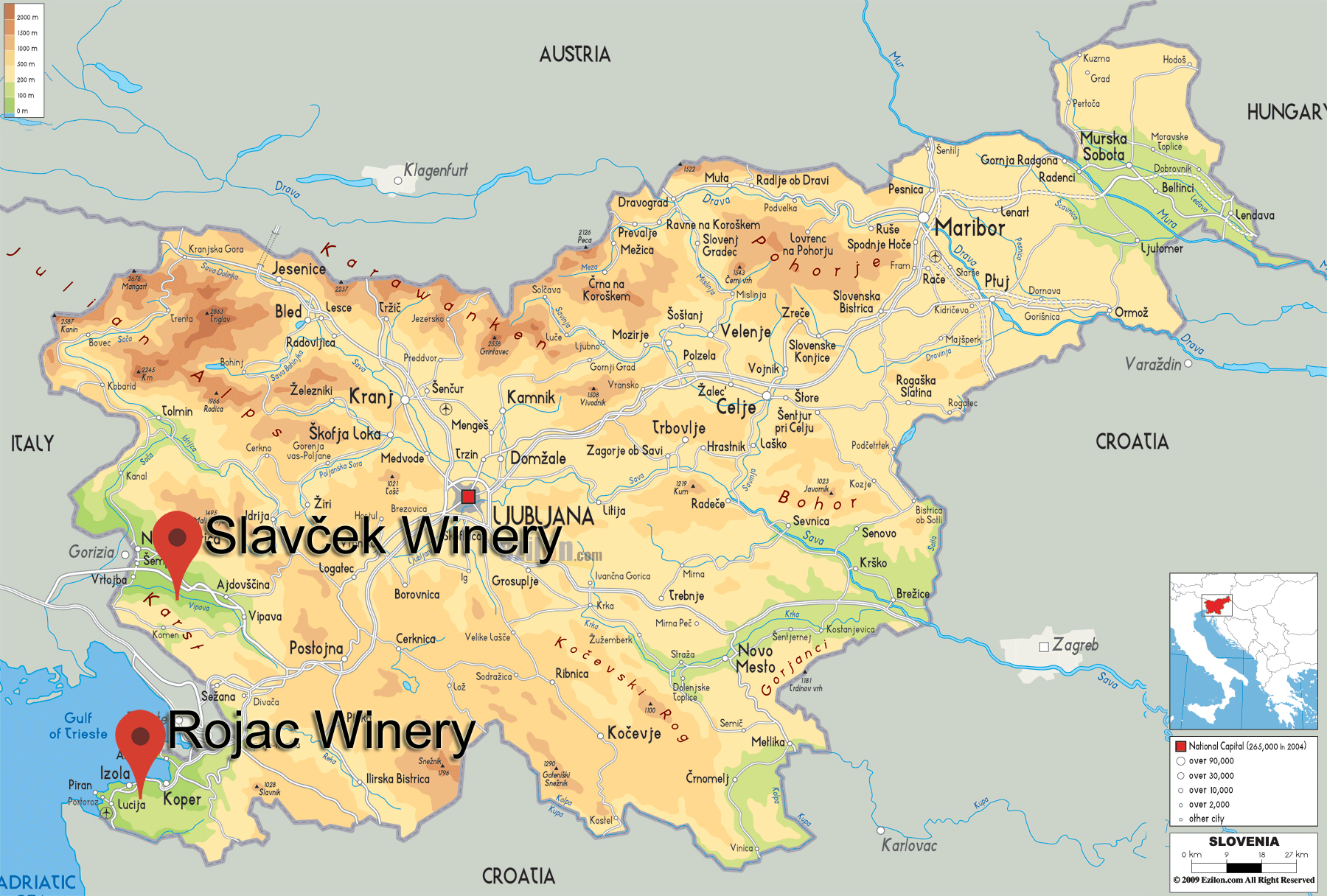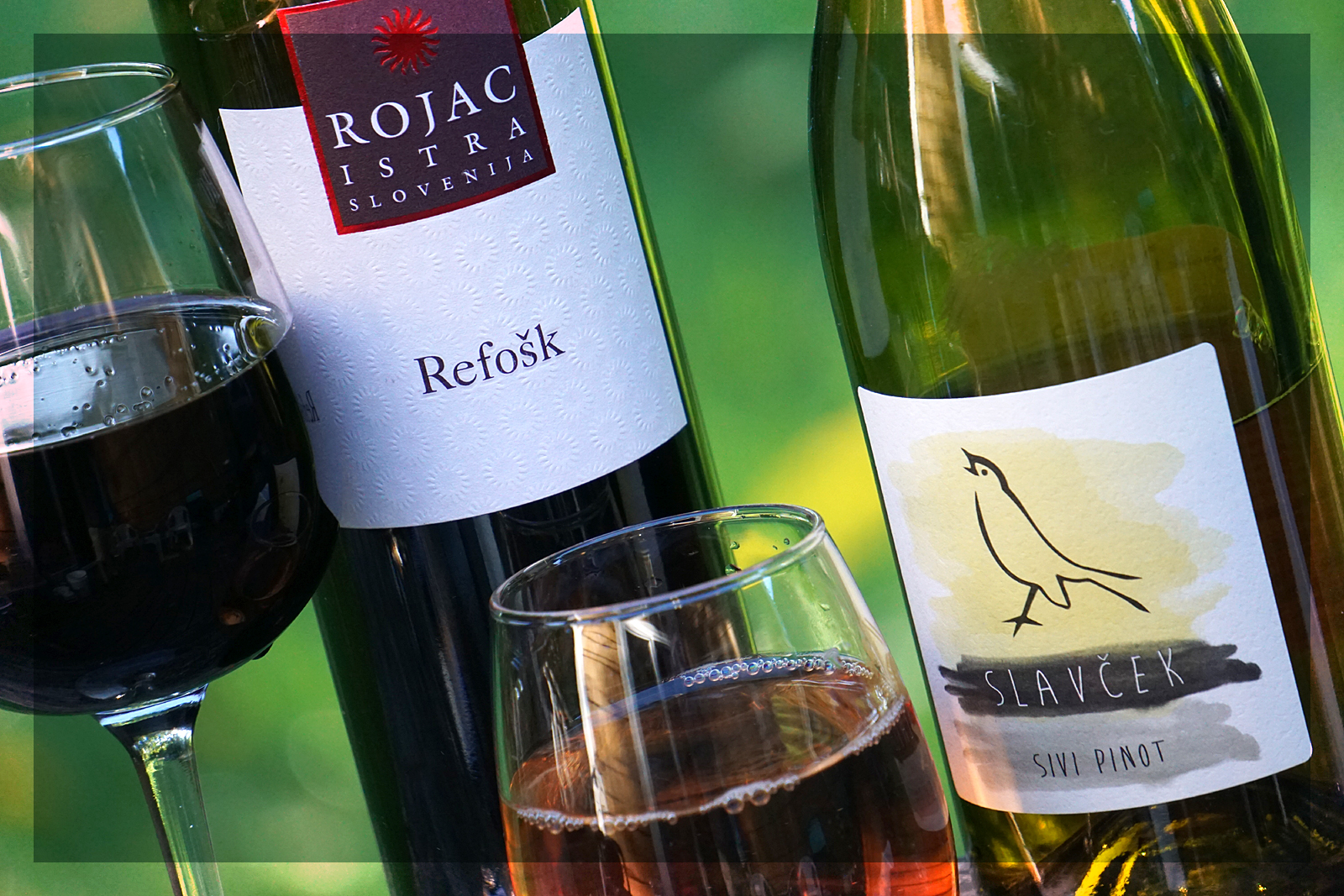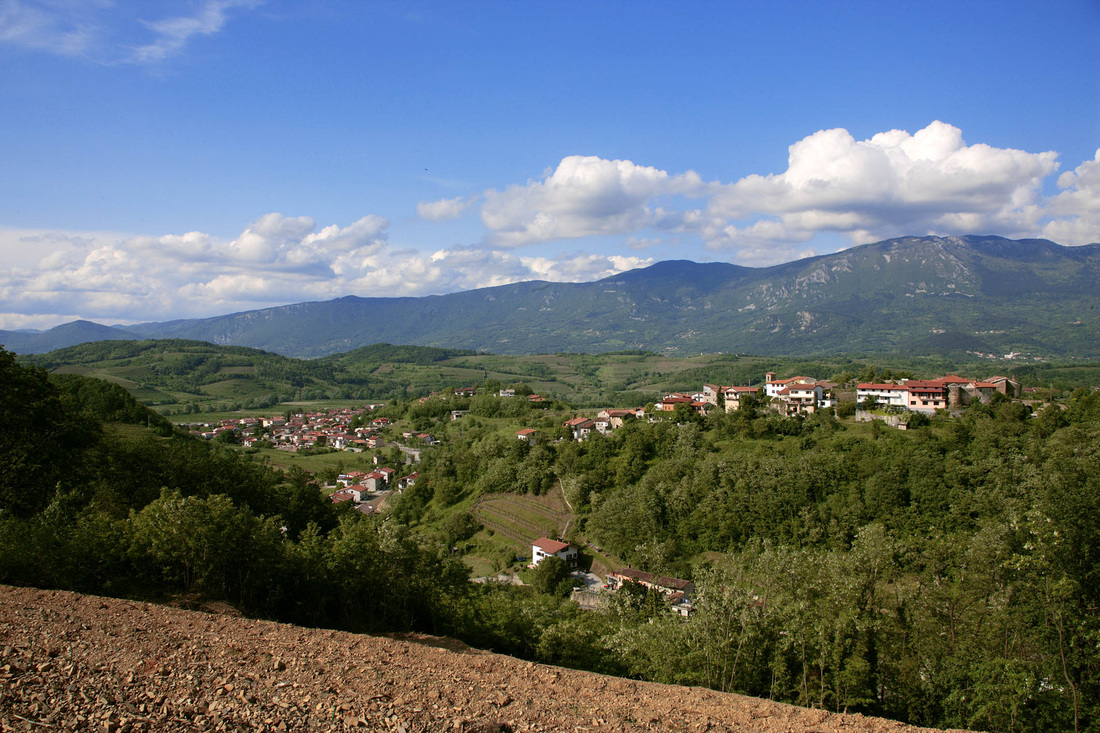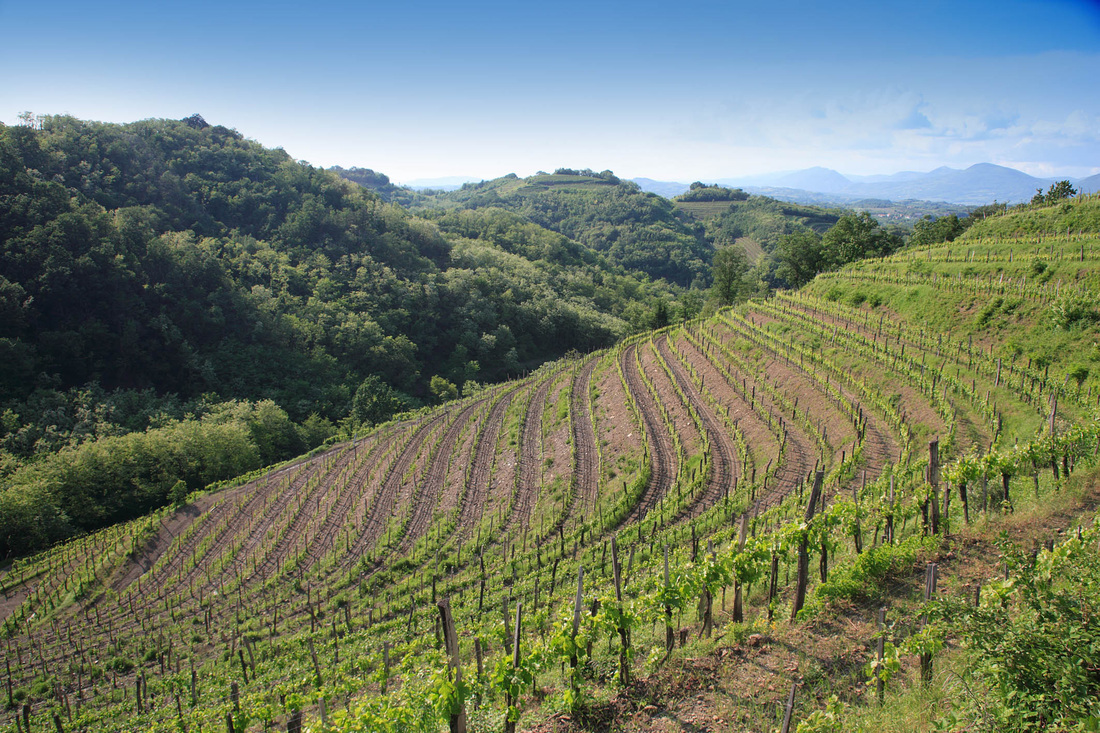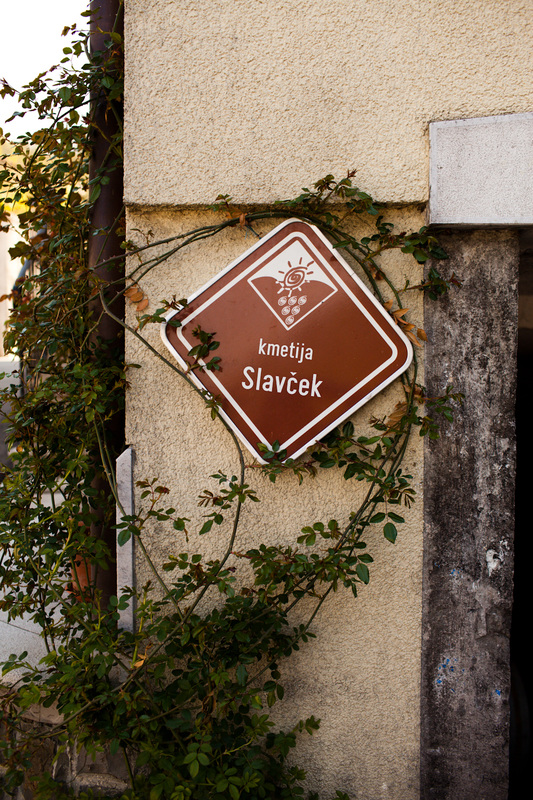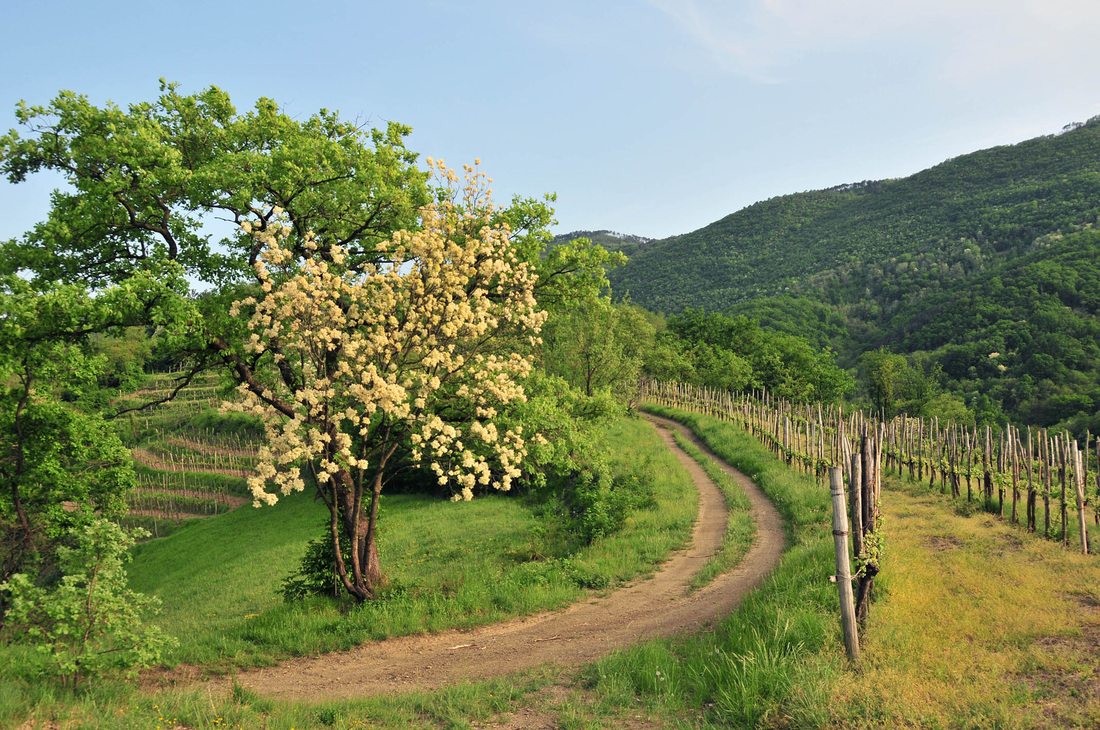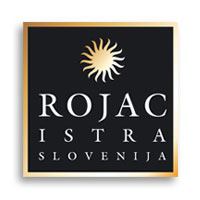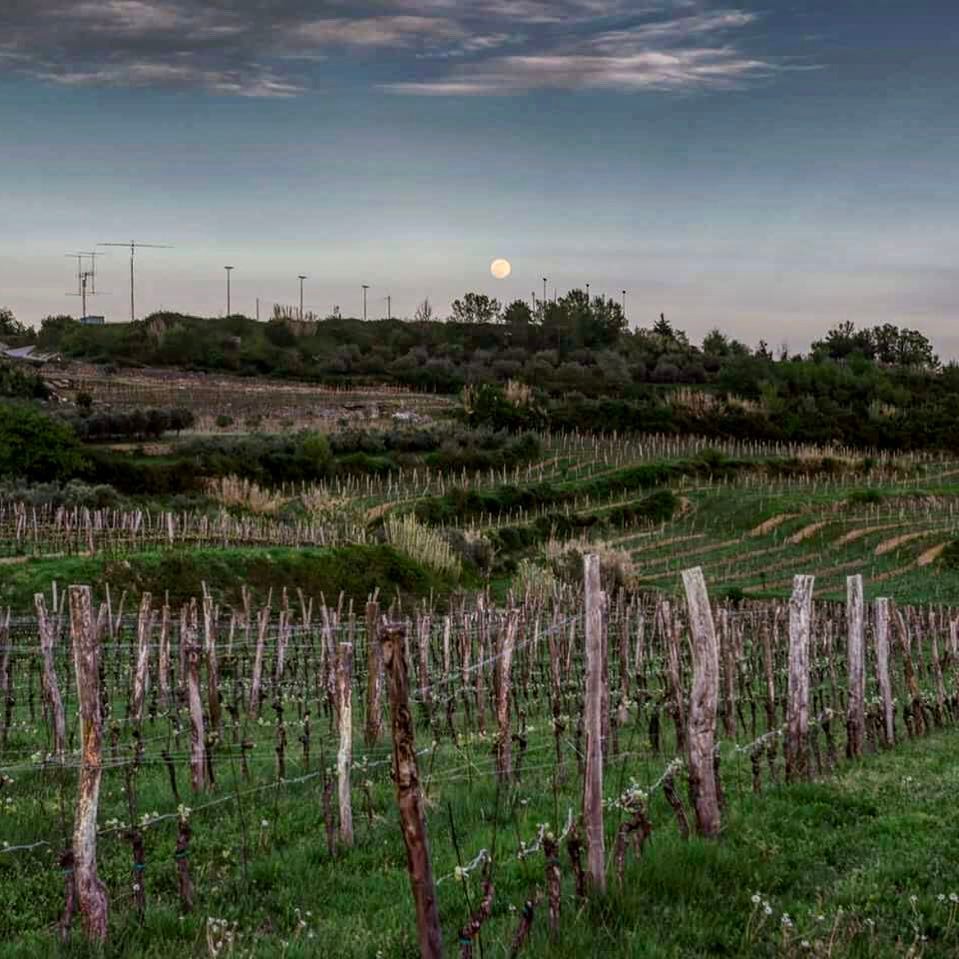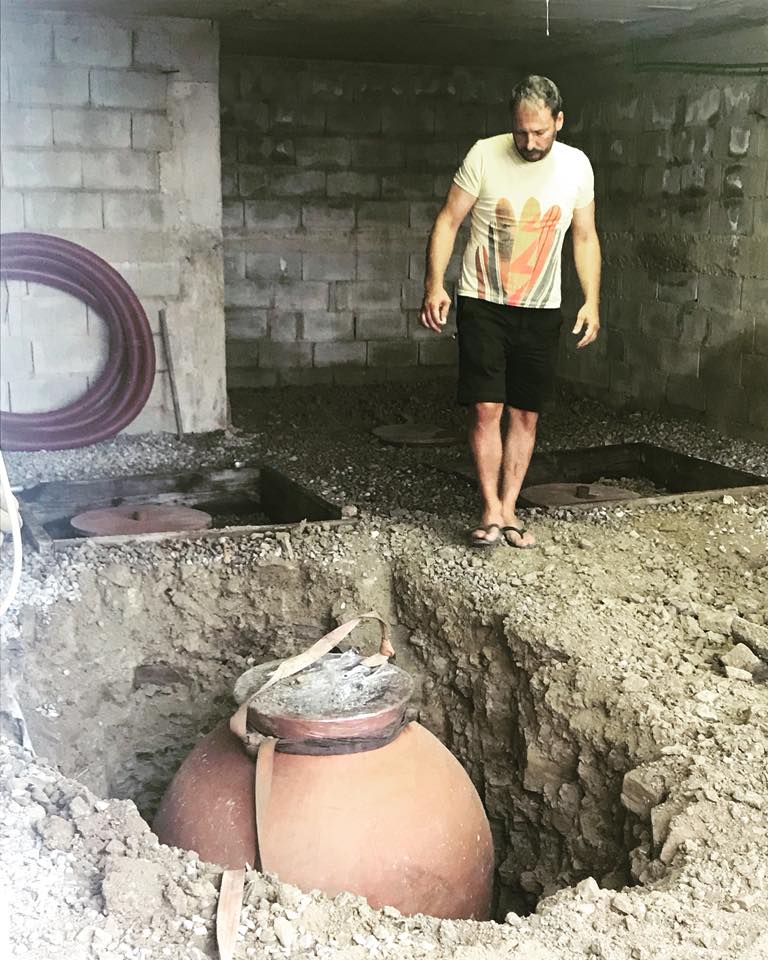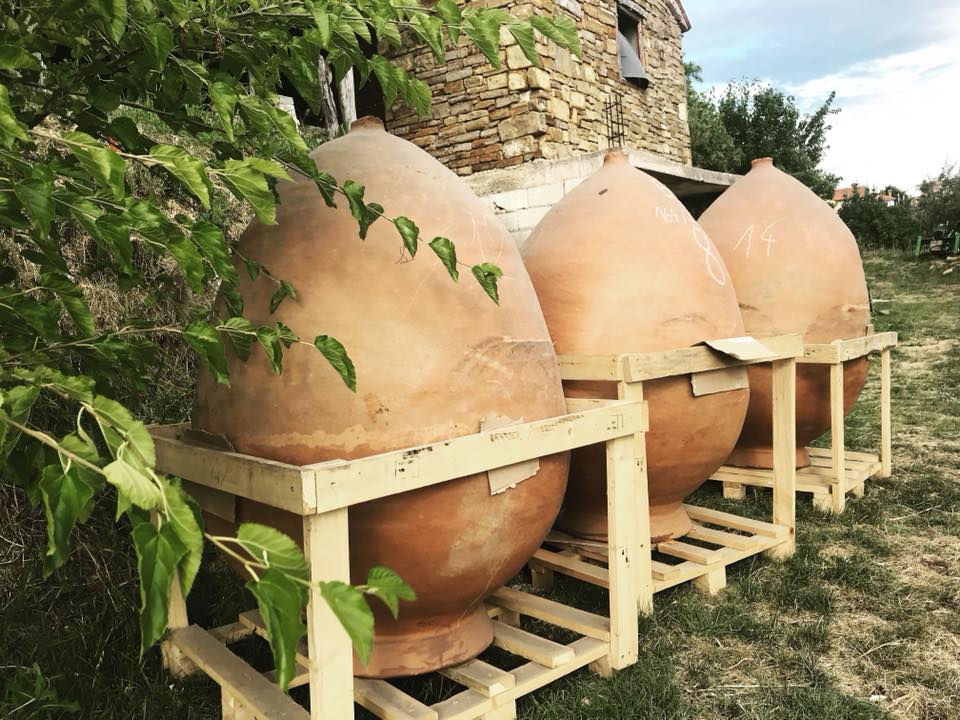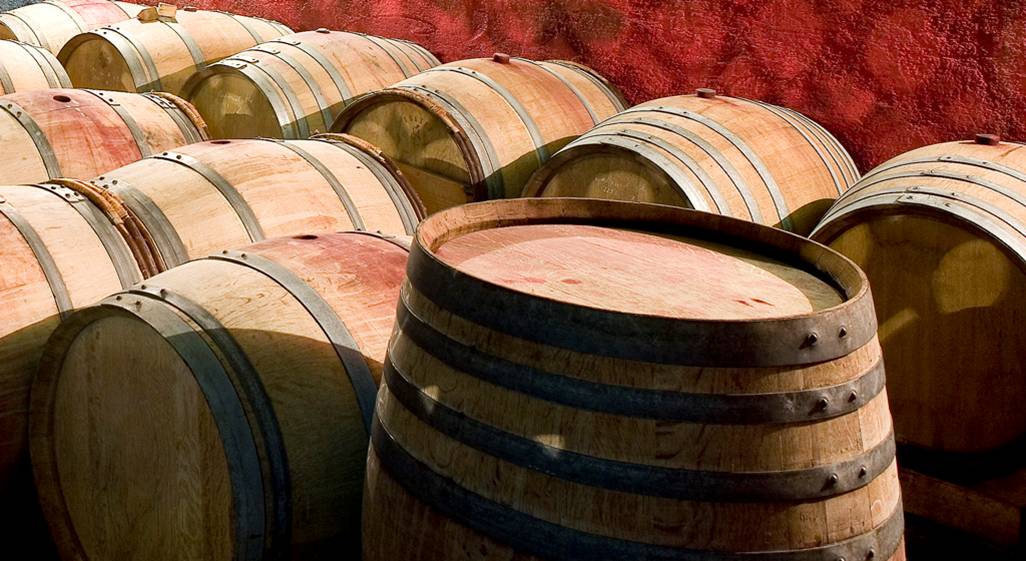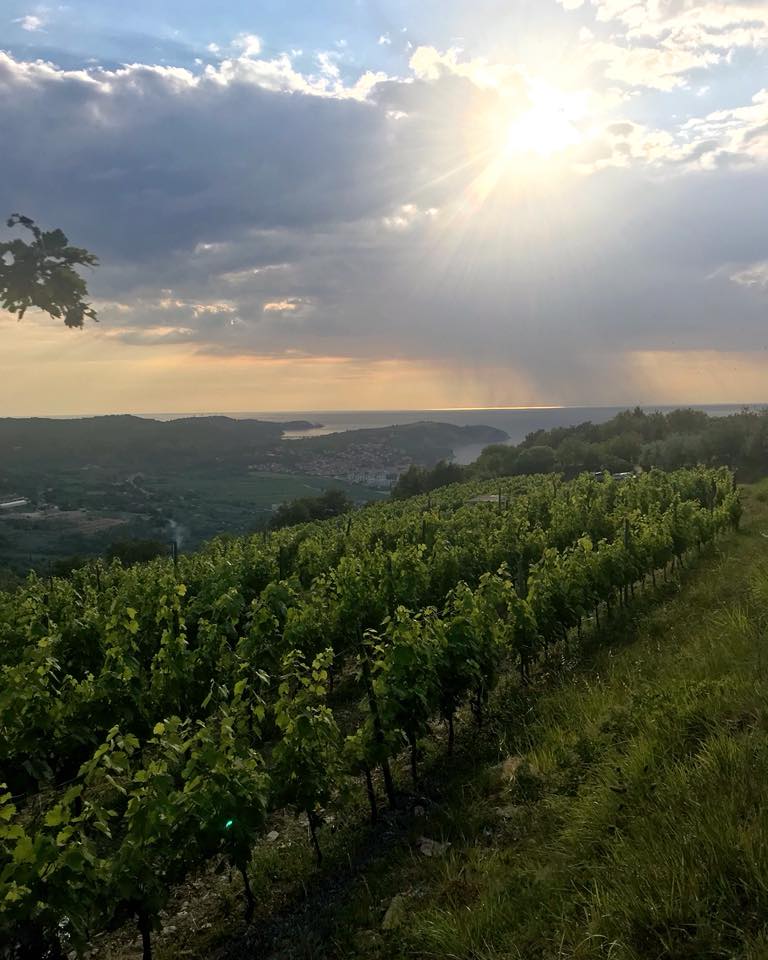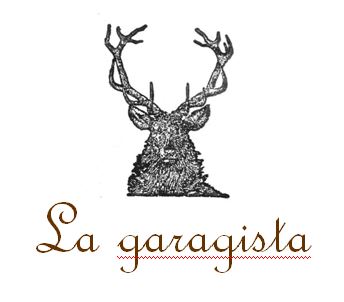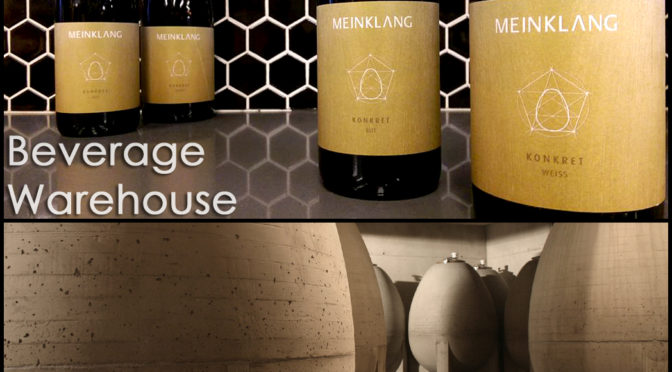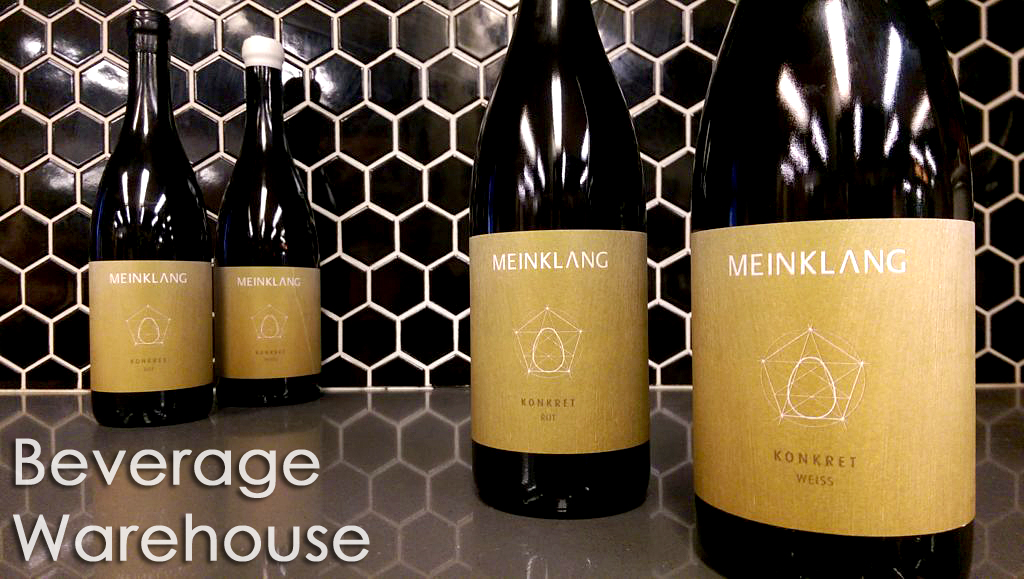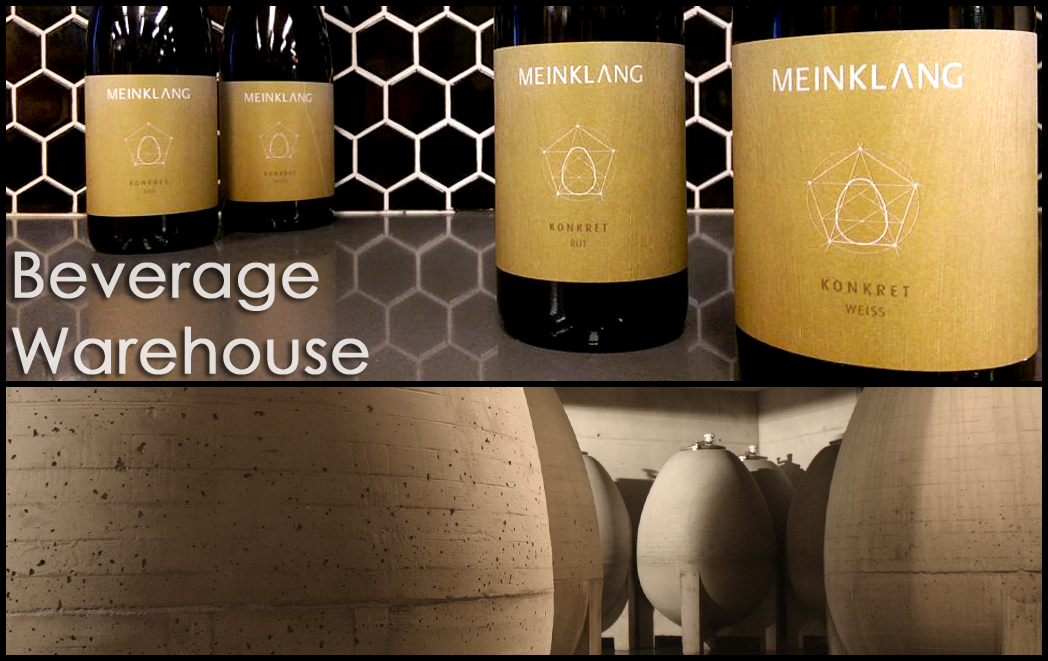Skin contact can be a magical thing. Especially when it comes to a particular wine made in the most natural of ancient methods, in a tiny corner of France. That wine is MADLOBA, and it’s what we’re drinking this week.
Domaine des Miquettes | Madloba | $50.99
Let’s get one thing clear. Madloba could be called an orange, an amber, or a skin-contact wine. Yeah ok, I know – that doesn’t seem all that clear! The wine is *literally* a little hazy…and it’s in a category that seems to defy definition.
This beautiful golden liquid from Domaine des Miquettes is made from the white grape varietals Marsanne and Viognier. The deep copper color comes from the grape skins and seeds, which are left in contact with the pressed juice for an extended time (6 months!). The fermented juice is then aged a further 6 months in clay amphorae buried in the cool ground. This ancient winemaking technique produces a liquid gold with the texture, body and tannin of a light red wine plus the fruit and minerality of a white wine. Stylistically unique, with a savory, richly textured mouthfeel, this is a special bottle worth trying – especially if you’re new to skin-contact wines.
The name “Madloba” is Georgian, and it means “thanks”. If your New Year’s resolution is to expand your wine knowledge, or just to try new things, check this one out! You’ll thank yourself.
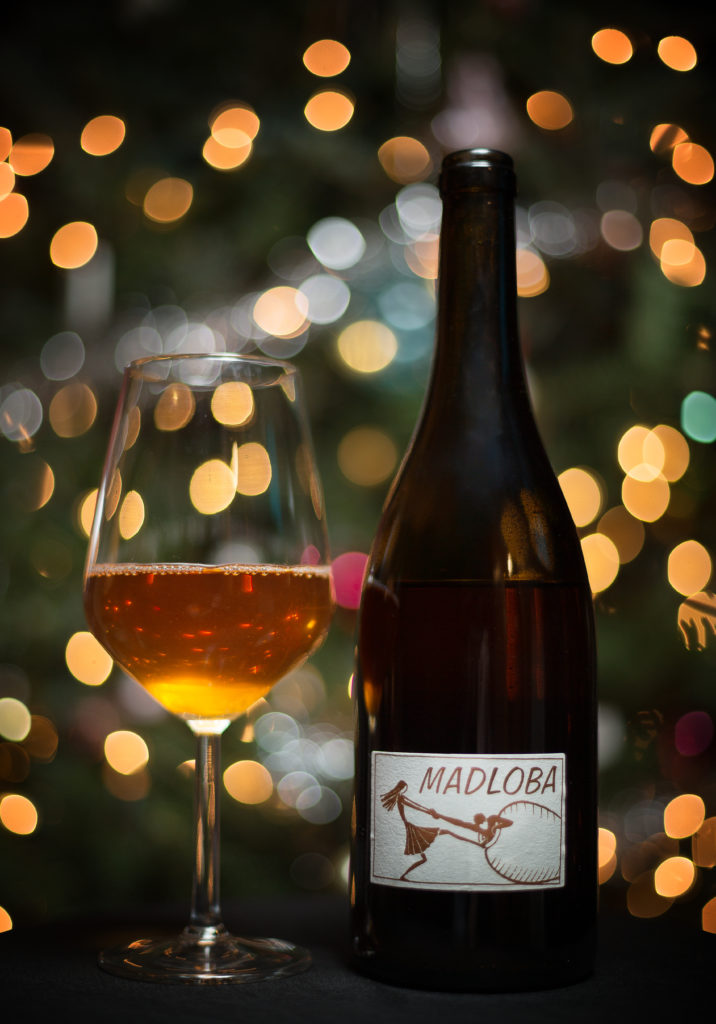
In the glass, Madloba catches the light and glints like pennies; like the last rays of sunlight angling across a shadowed beach. It smells like an escape to a warm summer afternoon in a Mediterranean grove. You’re surrounded by nectarines, yellow plums, apricots and oranges, plus swirls of ginger, quince and almond blossom. The first sip startles your palate, flooding your tongue with tart orange pith, snapping your head up with snappy acidity that’s like a plunge into a cold pool after a sauna, leaving a lingering texture of fine chalk baked in the sun. As the wine warms slightly, the scent takes me back to early mornings in my mom’s garden, when I would wander through the flowers and stick my nose deep into the glowing orange-throated yellow “Charles Darwin” old English roses.
My husband, who is very particular about the wines he likes, couldn’t stop drinking this stuff. It’s a treat, but oh man…what a treat!
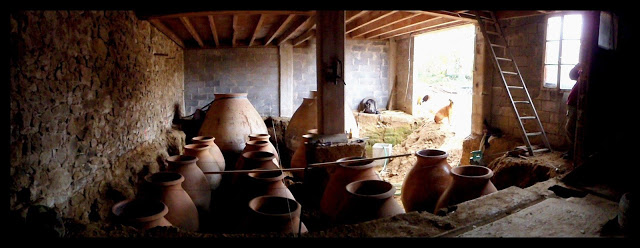
Domaine des Miquettes was created by Paul Estève and Chrystelle Vareille in 2003 in Cheminas, a small village located on a high plateau in the northern Rhône. Paul and Chrystelle took over the farm from Paul’s family and turned one of the small farm buildings into a cramped and low-tech wine-making facility. In total, the domaine consists of five hectares.
At an altitude of around 350 meters, the vineyards are planted on a steep hillside with soils of granite mixed with mica & schist and an east/southeast exposure. Both of the Domaine des Miquettes vineyards are certified as organic farms. The vineyard rows are worked throughout the year with either a tractor or horse drawn plough, which is used on the more difficult terrains.
All harvesting is done by hand and the fermentations occur with natural yeasts and little or no temperature adjustments. All of the wines are made sans soufre – without the addition of sulfur.
During a visit to the republic of Georgia years ago, Paul and Chrystelle were inspired to make wine in the ancient tradition, using clay amphorae buried in the earth. They built a “chai” dedicated to these buried clay jars, and use them for the vinification and maturation of the red and orange wines they call Madloba.
Oh! And the fun label? That comes from a trip to Georgia as well, when Paul got INTO an amphorae and had to be pulled out. He and Chrystelle have truly immersed themselves in making this style of wine, and I consider myself incredibly lucky to have been able to try their wine here in frozen Vermont this winter. If you come into the Bevie, ask for Kate or Jason and we’ll direct you to this orange gem!
Cheers & happy imbibing, Kate
Read more about Domaine des Miquettes.
Learn more about skin-contact wines

